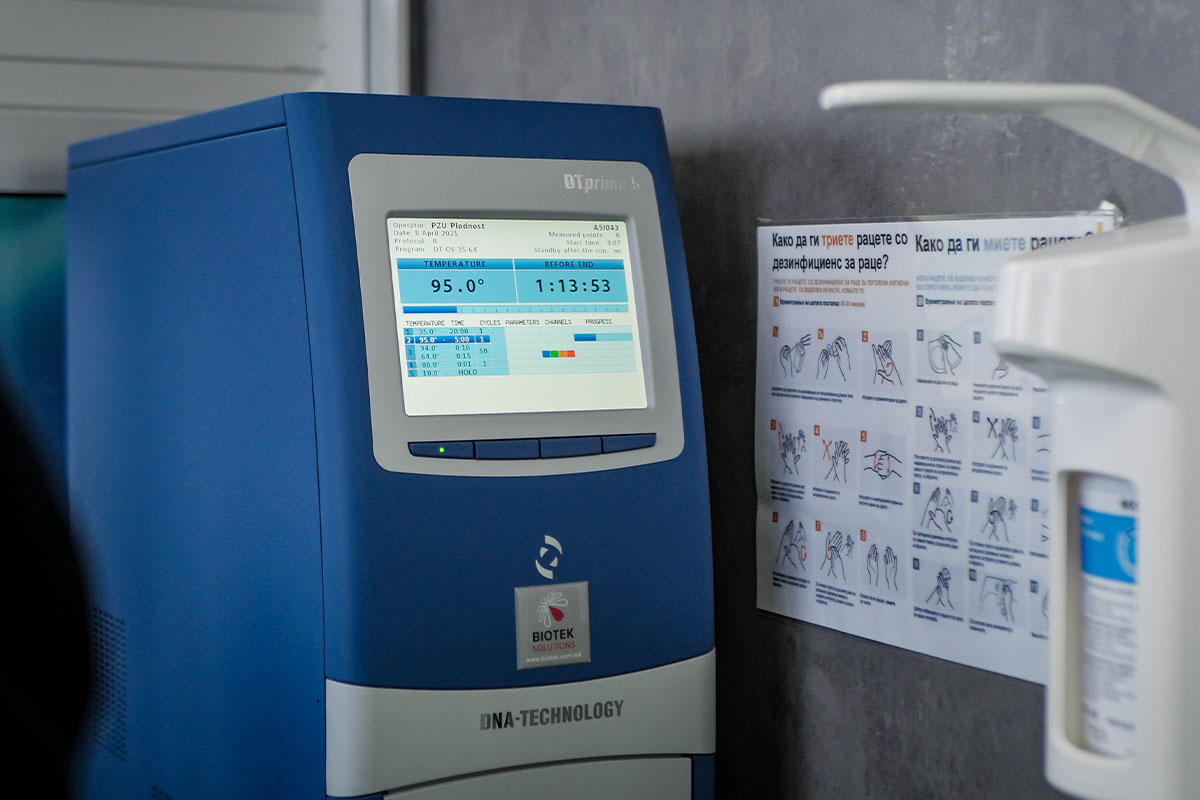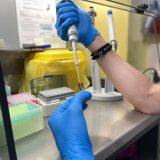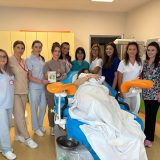Femoflor Screen

The vaginal microbiome is a complex dynamic system whose composition is influenced by certain factors such as age, sexual activity, hormonal status, use of hormone therapy, oral contraceptives or antibiotic therapy. The vaginal flora of healthy women is dominated by lactobacilli, which are indicators of the presence of normal microflora. Vaginal dysbiosis can be caused by the multiplication of anaerobic microorganisms, mycoplasmas, yeasts as well as pathogenic microorganisms.

The Femoflor Screen test allows the detection of obligate anaerobic microorganisms (Gardnerella vaginalis / Prevotella bivia / Porphyromonas spp.), Viruses (Herpes simplex 1, Herpes simplex 2 and Cytomegalovirus), as well as Chlamydia and Mycoplasma genitalium that otherwise require growth conditions or they can not be cultivated at all. Detection of all these microorganisms is possible with only a few hours of analysis during which the nucleic acid is extracted from the microorganisms present in the sample and its amplification with the Multiplex Real Time PCR method.
Femoflor Screen Real Time PCR analysis enables quantitative detection of total bacterial mass, lactobacilli, anaerobic microorganisms (Gardnerella vaginalis / Prevotella bivia / Porphyromonas spp.), Candida spp., Ureaplasma spp., Mycoplasma hominis such as Mycoplasma genitalium, Trichomonas vaginalis, Neisseria gonorrhoeae, Chlamydia trachomatis and viral pagotens – Herpes simplex 1, Herpes simplex 2 and Cytomegalovirus.
Sexually transmitted pathogens can lead to infertility and an increased risk of miscarriage, so this assay is suitable for detecting such pathogens. Femoflor Screen analysis is suitable for women of reproductive age, pregnant women and menopausal women receiving hormone therapy, which allows monitoring the effect of this therapy on the vaginal flora.



